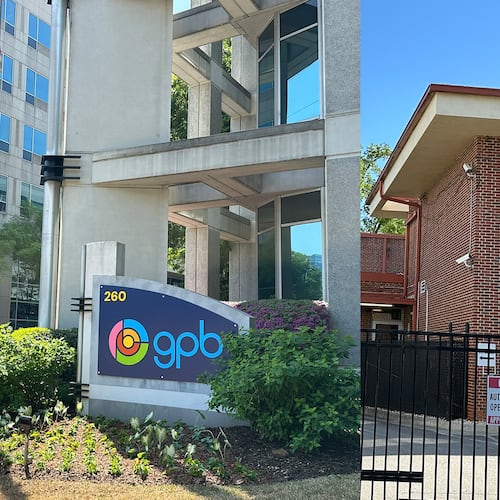A year ago, as Wall Street financial giants teetered on what looked like the brink of collapse, the federal government took the unprecedented step of injecting billions of dollars directly into many of the nation’s banks.
Eventually, $6.3 billion of Uncle Sam’s cash -- our cash -- flowed to 26 Georgia banks, from the state’s largest lender, SunTrust, to banking minnows like Metro City Bank of Doraville.
The federal Troubled Asset Relief Program, or TARP, has been criticized by some as a bailout of an industry that helped created the financial crisis.
Georgia bankers bristle at such talk, saying they'd have survived without the money but applied for the funds as an insurance policy of sorts to weather the severe recession. Some recipients say the additional money has allowed them to maintain and even boost lending in their communities, despite the downturn.
The money isn't free. The government in essence bought non-voting shares in the banks, which are required to pay a 5 percent interest rate until they pay the funds back. As of August
No Georgia-based bank has reimbursed the government.
Here’s a look at what the cash infusion has meant for three community banks:
Fidelity Bank, Atlanta
For Atlanta-based Fidelity, one of the largest community banks in the state, the $48 million in TARP funds has helped fuel an expansion.
The money strengthened the bank’s capital cushion, allowing it to boost lending and hire new loan producers, said Jim Miller, Fidelity’s CEO.
The bank’s auto loan and home mortgage businesses are way up, he said. New mortgage generation has skyrocketed from about $3 million a month before TARP to about $60 million a month after.
Fidelity has also gone on a hiring binge, adding about 100 staffers to bring the bank’s total workforce to 475. The new workers include a fleet of new mortgage brokers.
“For us, it’s tremendous,” Miller said about TARP. “It’s one of the better government programs. It’s worked, at least in our case, exactly as it was supposed to do.”
Miller said the bank is in no hurry to pay the money back.. He’d first like to see several quarters of profitability and the company’s stock price rise to more normal levels.
United Bank, Zebulon
United, which serves a semi-rural area between Atlanta and Macon, has been the most profitable bank in the state over the past three quarters.
So why did the bank apply for TARP funds? The bank’s CEO, Jim Edwards, said it stems from the bank’s long-standing conservative culture.
During the real estate boom, this trait kept the bank from risking too much money on what turned out to be a historic bubble. And during the current economic crisis, the bank felt the TARP funds would be a reasonably priced insurance policy in case things grow even worse.
“Capital is king right now,” Edwards said. “It’s hard to come by.”
One Georgia Bank, Atlanta
The 4-year-old bank received $5.5 million in TARP funds, helping stabilize its capital base and step-up lending.
The bank has greatly increased loans made through the federal Small Business Administration program. Chuck Lewis, One Georgia’s president and CEO, said SBA loans represent about 90 percent of the bank’s total lending activity.
TARP funds are widely misunderstood as bailout money, Lewis said. In One Georgia’s case, he said, the program has helped increase the flow of cash to the small businesses that make up the fabric of a community.
The TARP funds allowed One Georgia to hire additional administrative help, enabling the bank to get more SBA loans through the system, Lewis said.
Some bankers have grumbled that TARP funds come with the prospect of too many government strings attached, including restrictions on executive pay. But Lewis said he has no complaints so far.
If something comes down the pike the bank doesn’t like, “we’ll just pay the money back,” Lewis said.
About the Author
Keep Reading
The Latest
Featured


